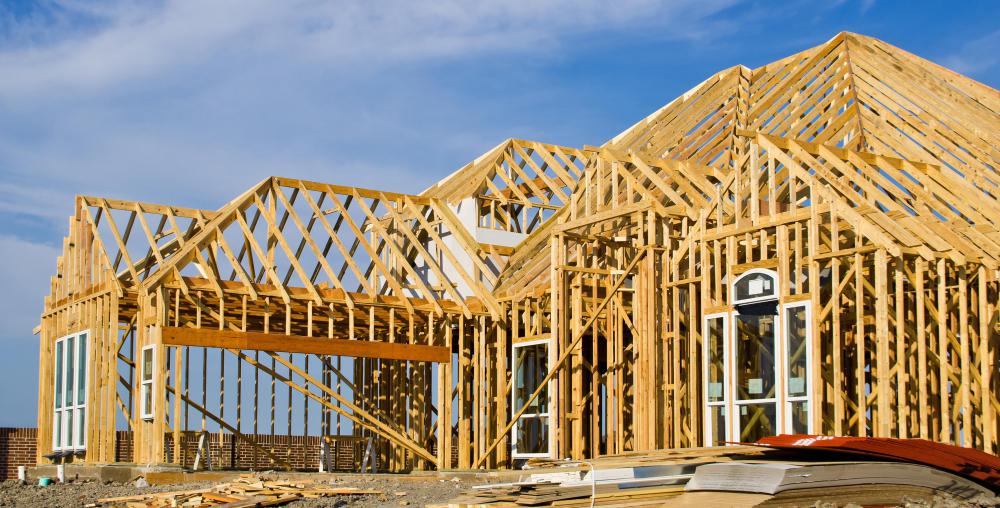At WiseGEEK, we're committed to delivering accurate, trustworthy information. Our expert-authored content is rigorously fact-checked and sourced from credible authorities. Discover how we uphold the highest standards in providing you with reliable knowledge.
What is a Residential Designer?
A residential designer is a person who designs buildings in a residential area. It is a profession that goes by many names. Residential designers are also sometimes referred to as residential architects, home designers or building designers. Residential designers plan and design the makeup of a house or remodeling project in order to tailor it to individual homeowner needs.
These professionals work with their clients to make their home environment functional, safe, and within their budget. When having a home built or a room remodeled, clients usually have specific ideas in mind, and their residential designer will help their ideas come to fruition, while guiding them along by keeping them informed of regulations, structural limitations and laws.

Construction contractors are able to draw up basic building plans, but residential designers specialize in maximizing space efficiently and personalizing the home to fit the client's lifestyles, priorities, and needs. They are also up to date on the latest trends and available products to offer their clients. A skilled residential designer will know the right questions to ask a client to find out not only their known wants, but also to uncover their hidden needs and desires. With this information, they can develop design options and work out the floor plan with custom electrical plans, cabinet structures, room isometrics, and door, window and appliance sections.
A residential designer is similar to an architect, but is not a licensed architect. Their functions are generally the same, but an architect has more extensive training, especially in regards to inspection and observation of the construction process, assistance in bidding, and assuring quality workmanship. For a larger or more complicated project, an architect might be a better choice than a residential designer because of their additional education and experience. Construction contractors will often include the fee of the building design in their bids, but they will not provide the specialized, hands on detail that a residential designer will.
When choosing a residential designer for a home project, it is important to learn of his or her credentials, experience, certifications, education and training. Many states do not require any certification for residential designers, but there are designers available who are members of accredited associations for professional residential designers. Meet with the designer several times before signing a contract to make sure everyone is on the same page, and gather references to be assured that past customers were satisfied with their designs.
AS FEATURED ON:
AS FEATURED ON:











Discussion Comments
If I'm just remodeling and not building an entire house, I'd prefer an experienced residential designer over an architect. I think that when it comes to this type of work, experience is more important than education.
My family has had the same designer for the past twenty years and he has completed several remodeling projects for us. He is really well known in the area and has remodeled hundreds of homes. He is really good at what he does and works very professionally.
I don't know why some people insist on working with architects for remodeling. Can a new architecture graduate be as good as a residential designer with twenty years of experience? I personally don't think so.
All residential designers can get accredited by their state and they should be. I know in my state, there is an exam that they have to pass. It covers things like graphic design, construction materials, safety and technology. The procedures of accreditation might be different in different states but you can find out from the your State Board of Residential Design.
I think residential designers also supervise construction employees who do the physical work of redesigning.
In that case, you should also make sure that the designer has reliable employees as they will be spending a lot of time in your home. There has to be good communication and coordination between the residential designer and people who work for him. Because even if the residential designer knows exactly what you want, if the other employees are not in on it, you might have something built that wasn't what you expected.
I'm sure all residential designers would take that responsibility and you most likely wouldn't be involved in that discussion at all. It's still best to find out about these things though. I think redesigning a home successfully requires team work and good leadership on the part of the designer.
Post your comments